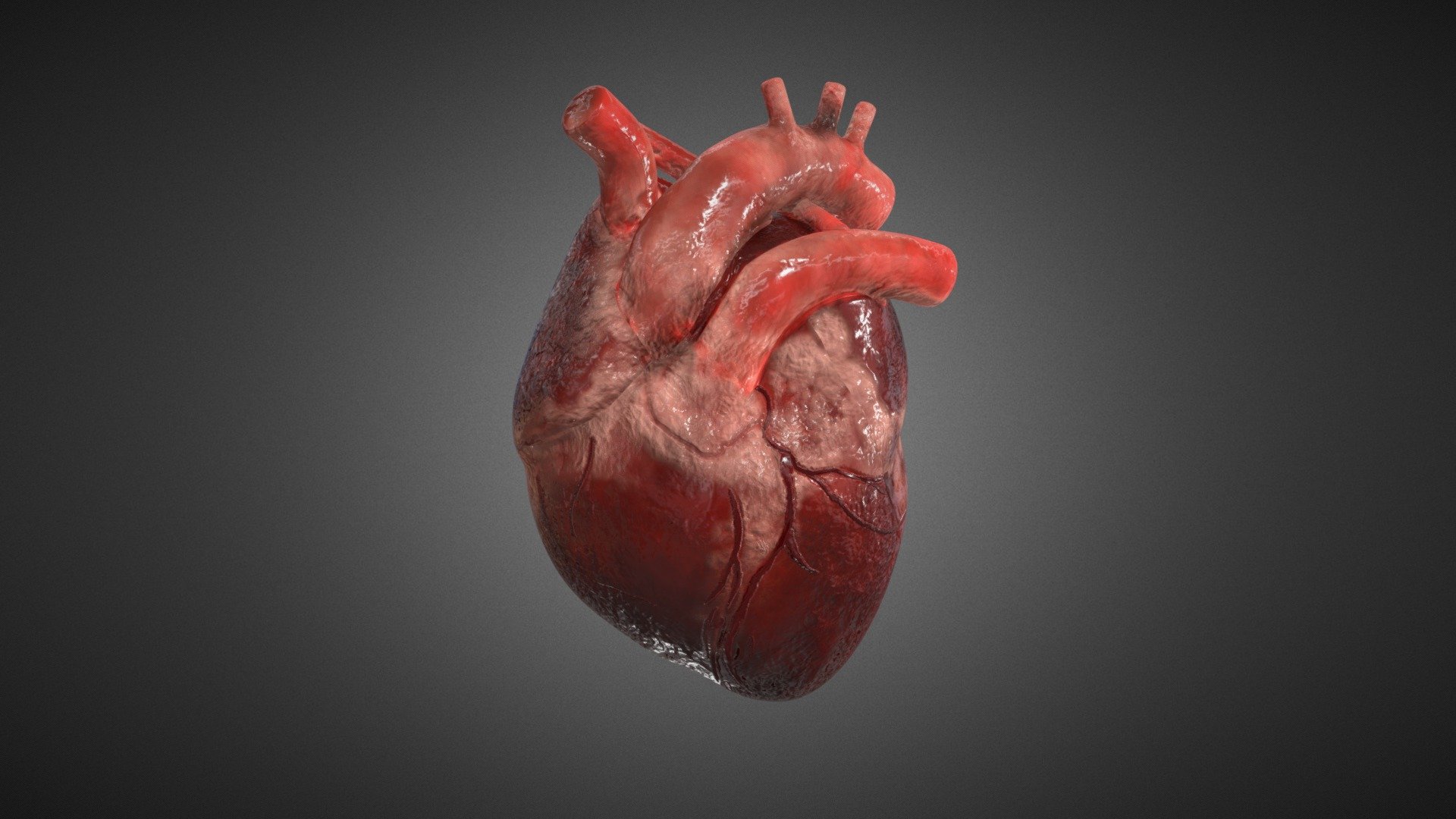
21 interesting facts about heart
- 👁️ 265
The heart is an incredibly complex and vital organ that plays a crucial role in the human body. In this article, we will explore some fascinating facts about the heart and its functions.
- The heart is located in the chest and is responsible for pumping blood throughout the body.
- The average adult heart beats approximately 70 times per minute, which is over 100,000 times per day.
- The heart weighs between 250 and 350 grams, depending on a person’s age, weight, and overall health.
- The heart is made up of four chambers: the right atrium, the right ventricle, the left atrium, and the left ventricle.
- The heart’s main function is to pump oxygenated blood to the body’s cells and remove waste products, such as carbon dioxide.
- Blood is pumped from the heart to the body through a network of blood vessels, including arteries, veins, and capillaries.
- The heart is responsible for the circulation of blood, which helps distribute nutrients, oxygen, and hormones to cells.
- The heart is surrounded by a sac called the pericardium, which protects it from injury and helps regulate its movements.
- Heart disease is one of the leading causes of death worldwide and can result from a number of factors, including genetics, poor lifestyle choices, and age.
- The heart is capable of repairing itself to some extent and has the ability to regenerate new cells, especially when it is damaged by disease.
- The heart has its own electrical system, which controls the heart’s rhythm and allows it to beat in a coordinated manner.
- The heart muscle is known as cardiac muscle and is capable of contracting and relaxing rapidly and efficiently.
- Heart disease can result in a number of different conditions, including heart attack, angina, and heart failure.
- There are several surgical procedures that can help repair or improve the function of the heart, including bypass surgery and heart valve surgery.
- The heart and cardiovascular system work together to regulate blood pressure, which helps to keep the body in a stable and healthy state.
- Heart health can be improved through regular exercise, a healthy diet, and the management of risk factors such as high blood pressure and high cholesterol.
- The heart’s ability to pump blood effectively can be measured through various tests, including electrocardiograms (ECGs) and echocardiograms.
- The heart’s electrical system can be affected by various factors, such as stress, alcohol, and certain medications, which can result in an irregular heartbeat.
- The heart is capable of adapting to various environmental changes and physical demands, such as increased physical activity, altitude, and stress.
- The heart is the symbol of love and affection in many cultures, and is often depicted in art, literature, and film.
- The heart is a remarkable organ that plays a vital role in the human body, and its functions and health should be carefully monitored and protected.
In conclusion, these facts about the heart provide a glimpse into the complex and fascinating nature of this vital organ. Understanding the heart and its functions is an important step in maintaining good health and preventing heart disease.
The heart is an incredibly complex and vital organ that plays a crucial role in the human body. In this article, we will explore some fascinating facts about the heart and its functions. In conclusion, these facts about the heart provide a glimpse into the complex and fascinating nature of…